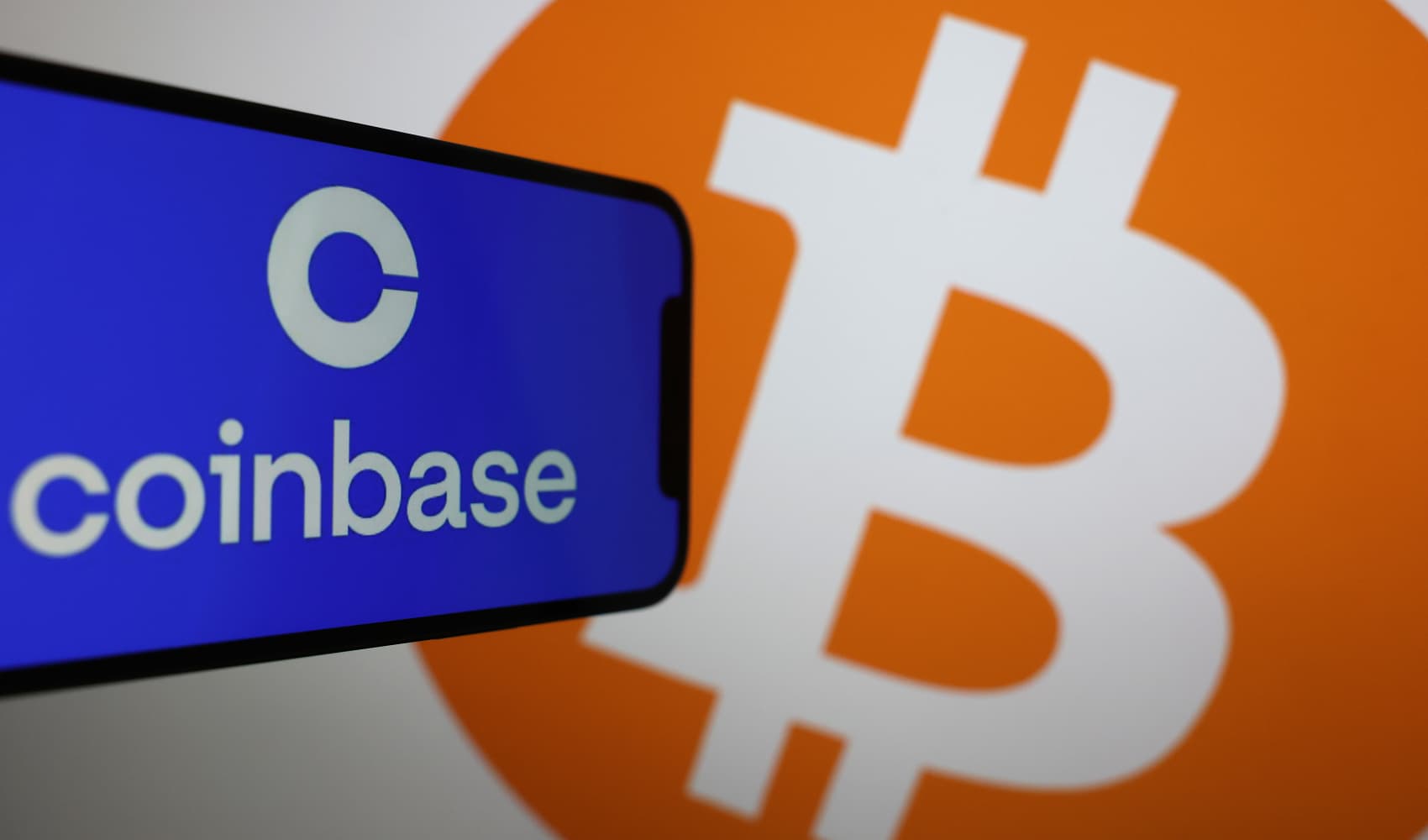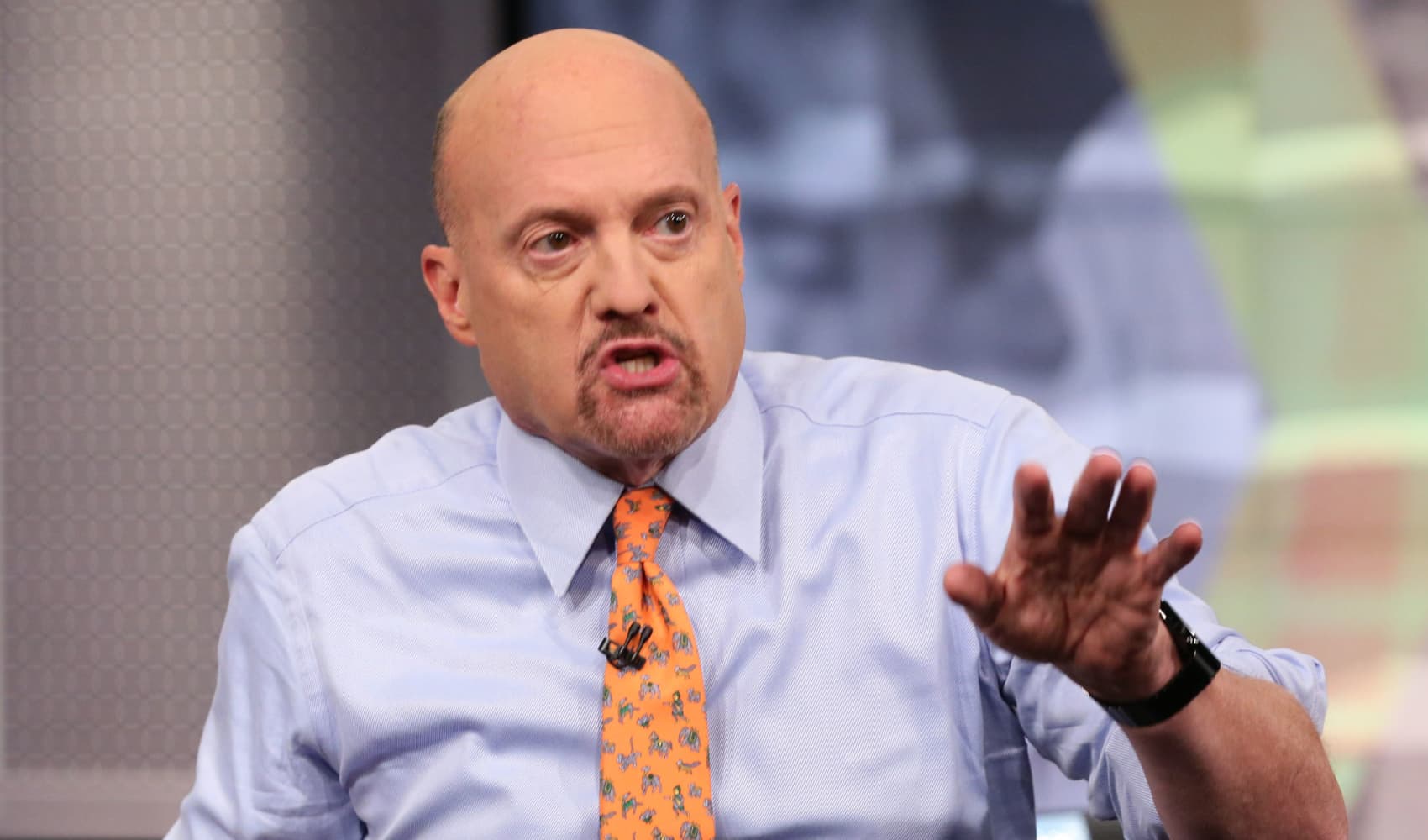
By most measures, Jay Chaudhry is successful — a billionaire founder of multiple tech businesses.
He's currently CEO of Zscaler, the cloud security company he founded in 2007, which is valued at $28.56 billion as of Monday morning. But the 65-year-old entrepreneur has never used money as a measure of success, he says.
"I think it's to make a difference in the world," Chaudhry tells CNBC Make It. "Our life is too precious. It's too short [to] waste your time."
Growing up in a farming village in rural India, Chaudhry says he "never had money in my early childhood." In his youth, his idea of success never even hinted at the prospect of launching a business, much less one worth tens of billions of dollars.
Get top local stories in DFW delivered to you every morning. Sign up for NBC DFW's News Headlines newsletter.
Chaudhry only focused on being a strong student, and "at that time, they used to say: 'Good students become doctors or engineers,'" he says. He "didn't like to deal with blood," so engineering skill became his definition of success, he adds.
After attending college in India, Chaudhry moved to the U.S. in 1980 and earned master's degrees in computer and industrial engineering, plus an MBA, all at the University of Cincinnati. He landed jobs at tech giants like IBM and Unisys before quitting to launch his first cybersecurity startup, SecureIT, with his wife Jyoti in 1997.
'An opportunity to make a big difference'
Money Report
Entrepreneurship changed how Chaudhry defines success, he says.
Chaudhry left behind a successful career as a tech executive to start his first company after reading about how internet startups, like Netscape, were growing in the mid-1990s. He had a good job with financial security, yet he couldn't help but think: "There may be an opportunity to make a big difference'" if more companies got on the internet, he says.
Now, Chaudhry's definition of success revolves around the impact he can make on the world, which is why he thinks about Zscaler as part of a "mission" to help the companies it works with improve their cybersecurity so they can safely conduct business, he says.
Chaudhry and his wife have both always believed that hard work in the service of making a difference is its own reward, he adds. "You really give it [your] all, and then whatever happens happens, is how we've always done it. And it has worked," he says. "If it doesn't quite work, that's OK too. You did your best."
That mindset is also what keeps Chaudhry motivated to continue working hard well into his 60s, rather than thinking about retiring with a net worth that Forbes estimates at roughly $11 billion.
"What would I do if I don't work?" he says. "I can go to the beach, and in a couple of hours I'm bored ... I love mountains [and] nature. But, after about two weeks there's a big desire to come back and do something rather than sit around and waste my life."
'Your reputation is what you create'
Not everyone has the financial freedom to decide how long they want to work, or not worry about money. But Chaudhry's focus on impact and fulfillment, rather than only on amassing a fortune, actually helped put him on a path to becoming a billionaire, he says — and he's not alone.
Mark Cuban's biggest "motivating factor" was more about acquiring the freedom "to call my own shots [and] spend time the way I wanted to spend time," rather than simply making a lot of money, the billionaire said at SXSW in March.
Richard Branson also seems to agree with Chaudhry. It's "very sad" when people are overly focused on making money at the expense of other goals, the billionaire Virgin Group founder told CNBC Make It in May.
Similarly to Chaudhry, Branson focuses more on the impact he and his companies have, on both his employees and the world at large, he said: "Your reputation is what you create."
Want to stop worrying about money? Sign up for CNBC's new online course Achieve Financial Wellness: Be Happier, Wealthier & More Financially Secure. We'll teach you the psychology of money, how to manage your stress and create healthy habits, and simple ways to boost your savings, get out of debt and invest for the future. Start today and use code EARLYBIRD for an introductory discount of 30% off through September 2, 2024.
Plus, sign up for CNBC Make It's newsletter to get tips and tricks for success at work, with money and in life.






